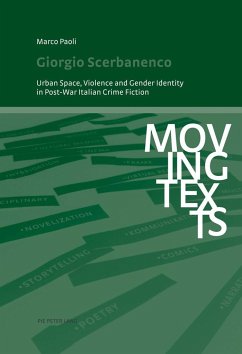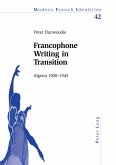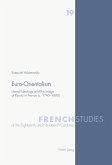The works of Giorgio Scerbanenco repeatedly articulate and explore the implications of new forms of criminality that emerged in Italy's post-war transformation towards its "economic miracle". An indepth analysis of Scerbanenco's Duca Lamberti series constitutes the critical focus of this study, and in particular the psychological resonances of the role played by the author's controversial representation of the urban space, its violence, (in)justice and gender roles. In what way do these elements heighten and/or exaggerate the nature of the criminal acts and the reader's experience? This study therefore investigates a reader's potential response to the content, the settings, and, above all, the characters Scerbanenco portrays in these four novels.
«Marco Paoli's book contains an original and well-documented critical analysis of Giorgio Scerbanenco's crime novels, [...]. As the first full-length monograph on Scerbanenco in English, this book provides a praiseworthy contribution to advancing the study of an author who has long been marginalized for writing popular fiction, and whose works, as Paoli convincingly argues, 'deserve to be the subject of detailed critical analysis'.»
(Alberica Bazzoni, Modern Language Review 112/2017)
(Alberica Bazzoni, Modern Language Review 112/2017)








